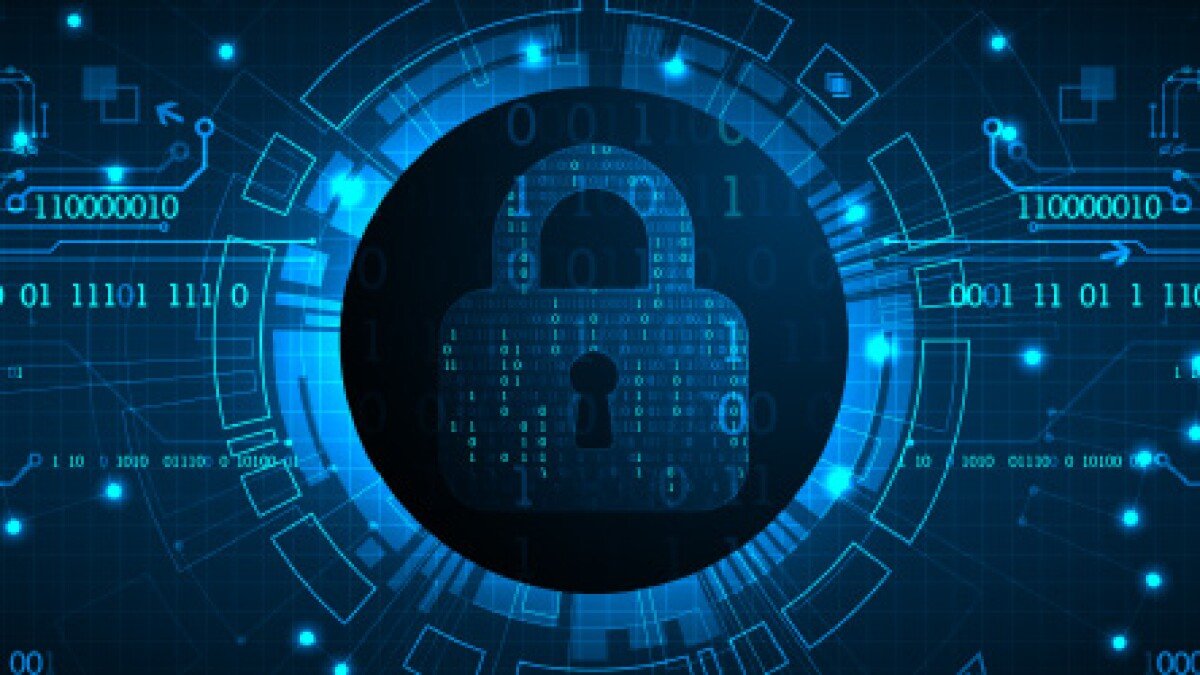In today’s digital age, online Cybersecurity for the Everyday User has become a crucial aspect of our daily lives. With so much personal information available online, it is essential to protect ourselves from cyber threats. Cybercriminals are constantly evolving their methods to steal data, and as users, we need to be proactive in safeguarding our online presence. This article will provide practical tips and tricks to help Cybersecurity for the Everyday User protect themselves from cyber threats.
Table of Contents
- 1 1. Keep Your Software Up to Date
- 2 2. Use Strong Passwords and Two-Factor Authentication
- 3 3. Avoid Phishing Scams Cybersecurity for the Everyday User
- 4 4. Be Careful with Personal Information
- 5 5. Use Antivirus and Firewall Software
- 6 6. Use Secure Wi-Fi Networks
- 7 7. Back Up Your Data Regularly
- 8 8. Educate Yourself
- 9 Conclusion:
- 10 FAQs:
1. Keep Your Software Up to Date
One of the easiest ways to ensure cybersecurity is to keep your software updated. Software updates often include security patches that fix known vulnerabilities. By keeping your software up to date, you ensure that any known security issues are fixed, preventing cybercriminals from exploiting them.
2. Use Strong Passwords and Two-Factor Authentication
Passwords are the first line of defense when it comes to online security. Using strong passwords that are difficult to guess can go a long way in preventing cyber attacks. Additionally, two-factor authentication adds an extra layer of security by requiring a second form of identification before granting access.
3. Avoid Phishing Scams Cybersecurity for the Everyday User
Phishing scams are one of the most common forms of cyber attacks. These attacks often come in the form of fake emails or messages, which aim to trick users into providing personal information. To avoid falling victim to these attacks, users should avoid clicking on links or downloading attachments from unknown sources.
4. Be Careful with Personal Information
The amount of personal information available online is staggering, and cybercriminals can use this information to their advantage. Users should avoid sharing personal information on social media and other online platforms. Additionally, when providing personal information, it is important to ensure that the website is secure and reputable.
5. Use Antivirus and Firewall Software
Antivirus and firewall software are critical components of online security. Antivirus software can help detect and remove malware, while firewalls can help block unauthorized access to your computer or network. It is important to keep these programs up to date and run regular scans to ensure that your system is secure.
6. Use Secure Wi-Fi Networks
Using public Wi-Fi networks can be convenient, but it can also pose a significant security risk. Cybercriminals can use these networks to intercept data and steal personal information. Users should avoid using public Wi-Fi networks for sensitive activities such as online banking or shopping.
7. Back Up Your Data Regularly
Backing up your data regularly is an essential component of online security. In the event of a cyber attack or system failure, having a backup of your important data can help prevent data loss. Users should ensure that their backups are stored securely, either offline or in a secure cloud storage service.
8. Educate Yourself
Keeping up to date with the latest cybersecurity threats and best practices is essential for online security. Users should take the time to educate themselves on the latest threats and learn how to protect themselves. Additionally, users should ensure that their friends and family are aware of these threats to prevent them from falling victim to cyber attacks.
Read More:Cybersecurity in the Age of Remote Work: How to Stay Safe
Conclusion:
Cybersecurity is an essential component of our online lives. By following these tips and tricks, everyday users can take proactive steps to protect themselves from cyber threats. Remember to keep your software up to date, use strong passwords and two-factor authentication, avoid phishing scams, be careful with personal information, use antivirus and firewall software, use secure Wi-Fi networks, back up your data regularly, and educate yourself on the latest threats and best practices.
FAQs:
- What is antivirus software, and how does it protect my computer? Antivirus software is a program that detects, prevents, and removes malware from your computer. It works by scanning your computer for known malware signatures and suspicious behavior. If it detects any threats, it will either remove or quarantine them, preventing them from causing harm to your computer.
- What should I do if I think my computer has been compromised? If you suspect that your computer has been compromised, the first step is to disconnect it from the internet to prevent further damage. Next, run a virus scan to detect and remove any malware. You should also change your passwords and monitor your accounts for any suspicious activity.
- How can I stay up to date with the latest cybersecurity threats and best practices? There are several resources available for staying up to date with the latest cybersecurity threats and best practices. You can subscribe to cybersecurity newsletters and blogs, follow cybersecurity experts on social media, and attend webinars and conferences. Additionally, many antivirus software providers offer free resources and guides on cybersecurity best practices.


